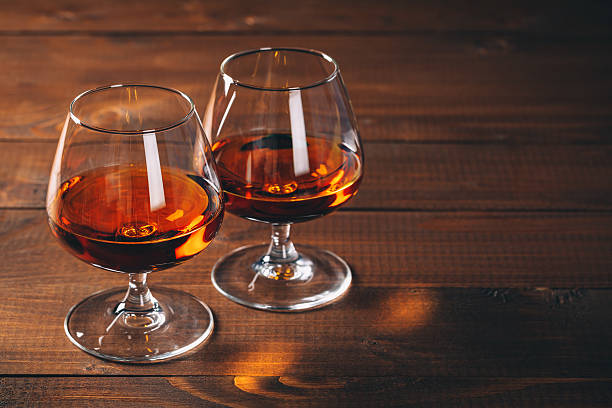Nearly one-third of SA’s wine grape producers operate at a loss.

Picture: iStock
Last week many eyes were on Finance Minister Tito Mboweni, who announced the latest sin taxes.
Except for paying more for a bottle of pleasure, the truth is there has been some good coming from the budget speech the last few years, which in some ways helped the South African wine industry.
But its also a double-edged sword because, as it stands, government is making more, from VAT and excise tax, than the wine producers.
The good
More wine estates are producing alcohol-free beverages that taste like wine.
“The dealcoholised wine segment is exempt from any form of tax. One of the many reasons the segment is growing so fast,” says Johan Moolman, quality manager at Robertson Winery.
The new decade includes a movement called “mindful drinking”, where people opt for alcohol-free options. Having good quality dealcoholised wines available helps the wine industry as well as those choosing to teetotal.

Picture: iStock
When it comes to spirits, gin has grown in sales, while brandy has stabilised.
SA brandy forms part of the wine industry due to the fact that the base of brandy and potstill brandy is also made from grapes – or base wine.
Graphs from the SA Brandy Foundation show an increase in potstill brandy sales since 2013, growing to almost two million litres sold in 2018.
Director at SA Brandy Foundation Christelle ReadeJahn gives some insight: “Volumes started to stabilise during 2015, after years of decline.
“White spirits, in particular vodka and more recently gin, are leading sales volume growth in the spirits category.
“The increase in brandy sales volumes during 2016 and 2017 was mainly the result of price restraint on the part of producers. This reverted in 2018 and likely contributed to the declining sales volumes during the year.
“The deceleration in vodka sales growth over the past two years was also accompanied by an acceleration in price increases. Gin is the exception, where volumes continued to grow as price increases accelerated.”

Cognac. Picture: iStock
The bad
Mboweni announced excise duty increases of 4.4% on natural wine, 6% on sparkling wine and 4.4% on brandy. Gin and other spirits are also part of the R2.89 increase per bottle.
“The wine industry had to absorb higher-than-inflation hikes in excise tax over the past few years, despite the targets set by Treasury in 2012 were already reached,” says Rico Basson, managing director of the wine industry body Vinpro.
“The inflationary increases show an understanding from government of some of the challenges facing the wine industry.”
However, nearly one-third of SA’s wine grape producers still operate at a loss.
Vinpro estimates that in 2018 wine producers earned R6.298 billion, while government got R7.404 billion through VAT and excise tax on wine sold.
The wine industry is SA’s second-largest exporter of agricultural products and the value-chain employs close to 300,000 people.
“For us to continue to contribute to the economy and job creation in a sustainable way, we need government’s support,” says Basson.
For more news your way, download The Citizen’s app for iOS and Android.





